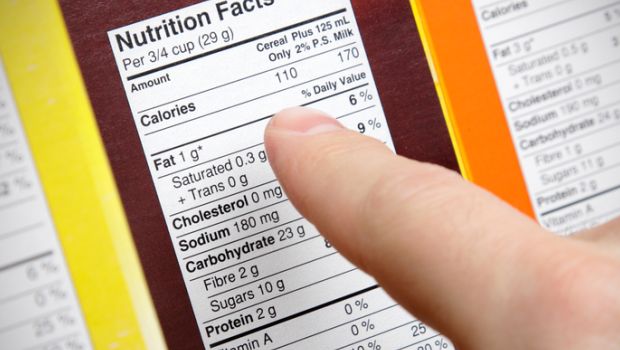Sugar Free, Zero Fat and Low Calorie Foods Are Actually Unhealthier Than You Think
NDTV Food | Updated: March 17, 2017 09:46 IST
The findings of the study indicated that 13 percent of food and 35 percent of beverage purchases had a low-content claim (including no, free, low or reduced) and that low-fat was the most common claim, followed by low-calorie, low-sugar and low-sodium.
(8 Processed Foods to Avoid and Why)
"In many cases, foods containing low-sugar, low-fat or low-salt claims had a worse nutritional profile than those without claims," said lead investigator Lindsey Smith Taillie.
"In fact, in some cases, products that tend to be high in calories, sodium, sugar or fat may be more likely to have low- or no-content claims. Essentially, reduced claims are confusing because they are relative and only about one nutrient," said Taillie.
"A low-fat brownie could have three grams of fat per 40 grams, whereas a low-fat cheesecake would have to have three grams of fat per 125 grams. So, if a consumer were trying to find a lower-fat option for a dessert, the low-fat brownie would have relatively higher fat than the low-fat cheesecake," the study added.
The data included more than 80 million food and beverage purchased from more than 40,000 households from 2008 to 2012. It also found that there was a connection between the socio-economic status and food purchases and the high-and middle-income level households were more likely to purchase food and beverages with low-content claims.
The study appeared in the Journal of the Academy of Nutrition and Dietetics.
Related Video
Related Recipe
Latest Articles
- World Sleep Day 2017: 9 Ways Poor Sleep is Harming Your Health
- Need for Seed: Why You Should Eat Watermelon Seeds
- Cholesterol Lowering Drugs May Put Older Women at Diabetes Risk
- Body Care Tips: 9 Natural Solutions for All Your Beauty Problems
- 10 Best Raw Mango Recipes
- Women's Health: Load Up on Fruits and Veggies to Cut Psychological Stress
- Pea Aubergine: A Seasonal Secret Ingredient Used in South India
- Failed IVF Treatment May Put Women at Risk of Heart Disease
- Lotion Enriched With Good Bacteria May Help Fight Skin Infections
- Baahubali 2 Trailer is Here: Looking Into Prabhas' Fitness Regime And Diet






No comments:
Post a Comment